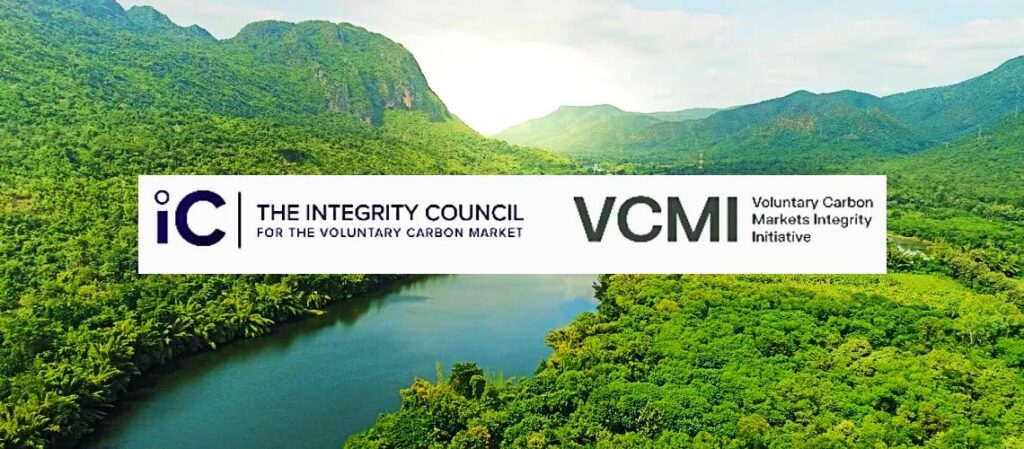Global Carbon Standards Body ICVCM Approves Three Clean Cookstove Methods

- The Integrity Council for the Voluntary Carbon Market (ICVCM) has approved three new clean cookstove methodologies, aiming to enhance credibility and reduce over-crediting.
- These methods impose stricter requirements for measuring baseline fuel use and monitoring cookstove adoption.
- Hundreds of thousands of carbon credits are expected to be issued under the new standards, reinforcing climate finance for clean cooking projects.
The Integrity Council for the Voluntary Carbon Market (ICVCM) has tightened standards for carbon credits generated from clean cookstove projects, approving three methodologies that introduce stricter measurement and verification protocols. The move is designed to boost confidence in carbon credits while ensuring real environmental and social benefits.
Why it matters:
Clean cookstove projects reduce emissions by shifting from high-pollution fuels like kerosene and coal to cleaner alternatives. However, concerns over inflated impact claims have plagued the sector. The new standards aim to address these concerns by improving transparency and accuracy.
“These first cookstove and biodigester approvals will strengthen the sector for the future: the strict conditions for CCP labeling show what is best in class,” said Amy Merrill, CEO of ICVCM. “This will provide the confidence needed to ensure that carbon finance can flow into these projects, enabling them to deliver their social, environmental, and health benefits to communities around the world.”

The new methodologies: The approved cookstove methodologies include:
- Gold Standard – Metered & Measured Energy Cooking Devices v1-1.2
- Gold Standard – Reduced Emissions from Cooking and Heating (TPDDTEC) v4.0
- Verra (VCS) – VM0050 – Energy Efficiency and Fuel-Switch Measures in Cookstoves v1.0
These methodologies require projects to:
- Use the MoFuSS model or a conservative default biomass fraction (fNRB ≤ 0.3) for emissions calculations.
- Monitor fuel consumption through Kitchen Performance Tests (KPTs) or Controlled Cooking Tests (CCTs).
- Apply rigorous conversion factors for charcoal-based cooking.
The changes aim to curb the risk of over-crediting, a major issue in past carbon offset projects. The average fNRB rate in the voluntary carbon market is 0.86, while ICVCM’s new standards will lower it significantly, typically below 0.5.
RELATED ARTICLE: Integrity Council Issues First High-Integrity CCP-Labeled Carbon Credits for Climate Action Financing
What’s next:
A large pipeline of projects is expected to update their methodologies to meet these new criteria. ICVCM anticipates hundreds of thousands of carbon credits will be issued under these new rules in the coming year.
ICVCM also rejected four older methodologies for failing to meet robust quantification standards. “We recognize the importance of this type of project for unlocking climate finance and enabling sustainable development,” said Annette Nazareth, Chair of ICVCM. “Many existing projects will choose to use the new methodologies and conditions we have approved today.”

As voluntary carbon markets grow, these stricter measures aim to ensure that emissions reductions from clean cookstoves are not just on paper—but real, measurable, and impactful.
Follow ESG News on LinkedIn









